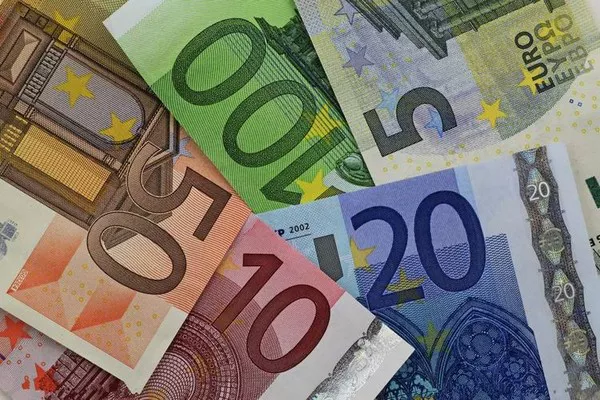The euro came under pressure on Friday, halting a four-day winning streak against the U.S. dollar as escalating geopolitical tensions in the Middle East spurred renewed safe-haven demand. The EUR/USD pair pulled back from a 32-month high of 1.1631 and is currently trading near 1.1530 during Asian market hours.
The retreat in the pair comes amid heightened global uncertainty following a significant escalation in hostilities between Israel and Iran. Israeli forces launched strikes on dozens of sites across Iran in a bid to weaken Tehran’s nuclear capabilities. In response, Israeli Defense Minister Israel Katz warned of possible retaliatory missile and drone attacks, declaring a special state of emergency, according to Axios.
Adding to the unease, U.S. Secretary of State Marco Rubio clarified Washington’s position in a statement: “Tonight, Israel took unilateral action against Iran. We are not involved in strikes against Iran, and our top priority is protecting American forces in the region.” Rubio emphasized that the United States has taken precautionary steps and warned Iran against targeting U.S. interests or personnel.
USD Strengthens on Flight to Safety but Faces Domestic Headwinds
While geopolitical risk supported the U.S. dollar, limiting EUR/USD’s upside, broader gains may be capped due to growing concerns over U.S. economic policy and inflation trends.
Former President Donald Trump’s decision to extend tariffs on imported steel derivative products—including household appliances such as dishwashers, washing machines, and refrigerators—has reintroduced trade-related anxieties. The tariffs, initially set at 25% in March and later doubled to 50%, are now set to broaden again on June 23, further complicating the trade landscape.
In addition, recent U.S. inflation readings have come in softer than expected, bolstering market expectations that the Federal Reserve may move forward with interest rate cuts this year. Both consumer and producer price data pointed to subdued inflationary pressures, limiting the dollar’s upside potential over the medium term.
Investors are now turning their attention to the upcoming release of the University of Michigan Consumer Sentiment Index, which could offer further clues about the health of the U.S. economy and influence the Fed’s policy trajectory.


